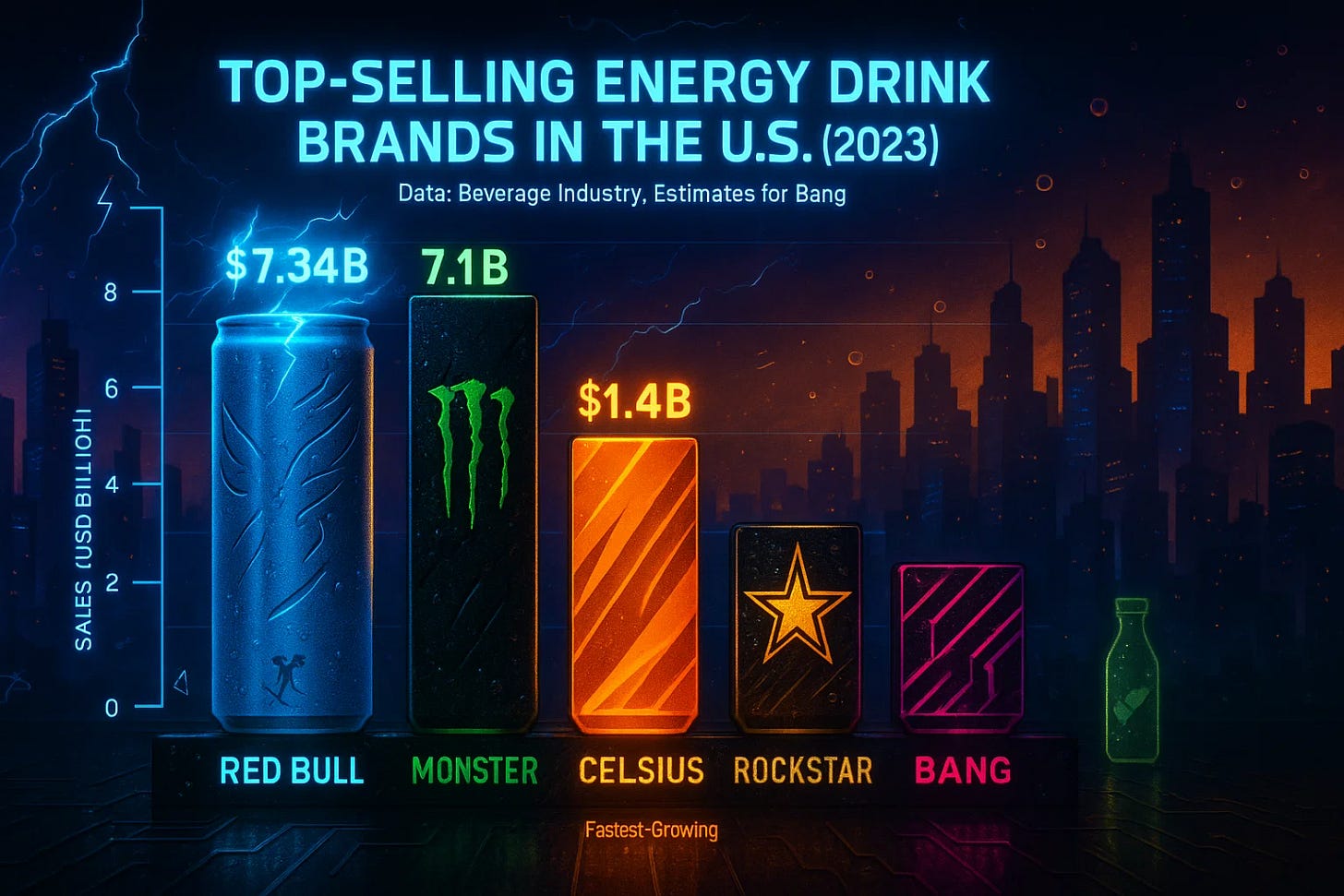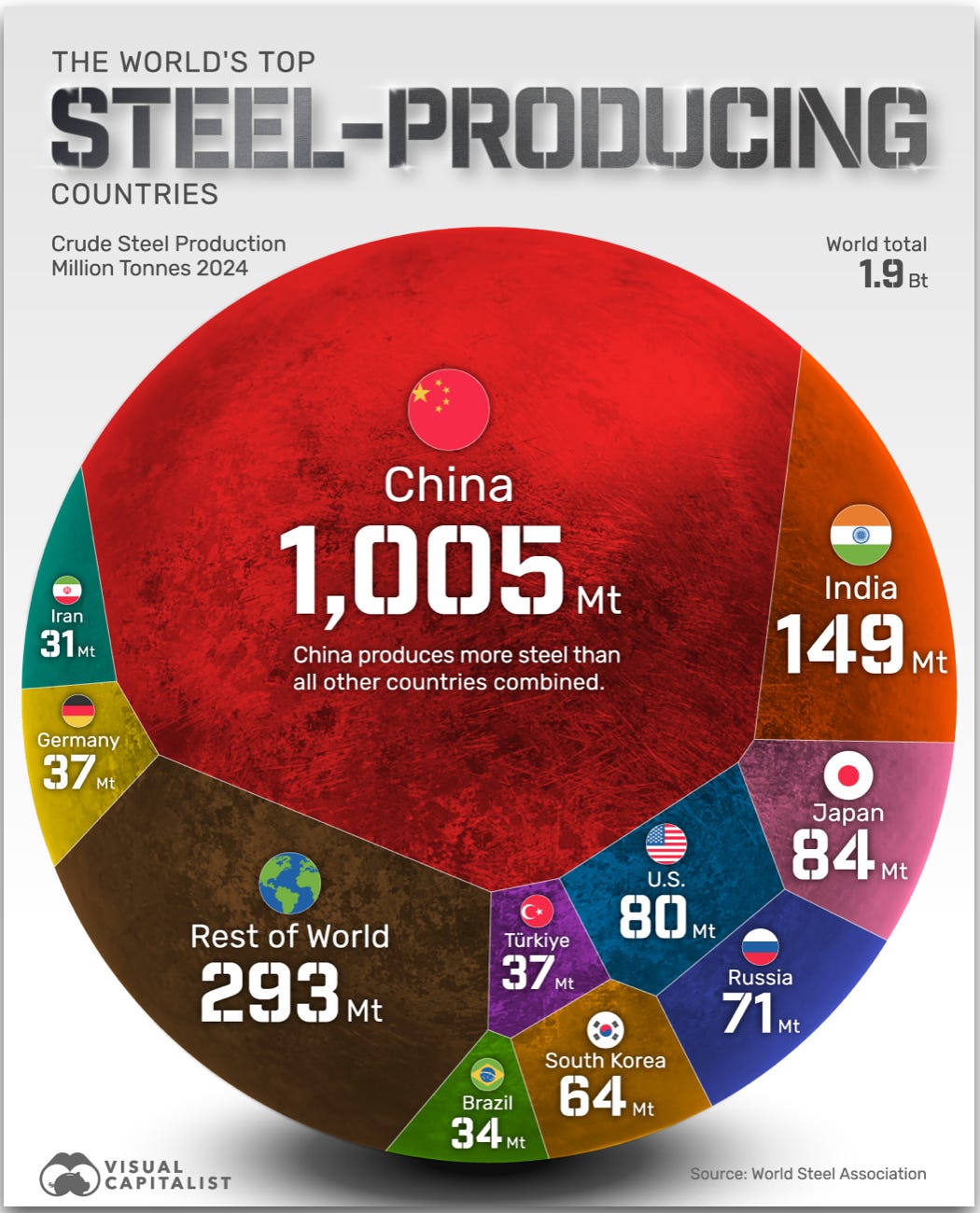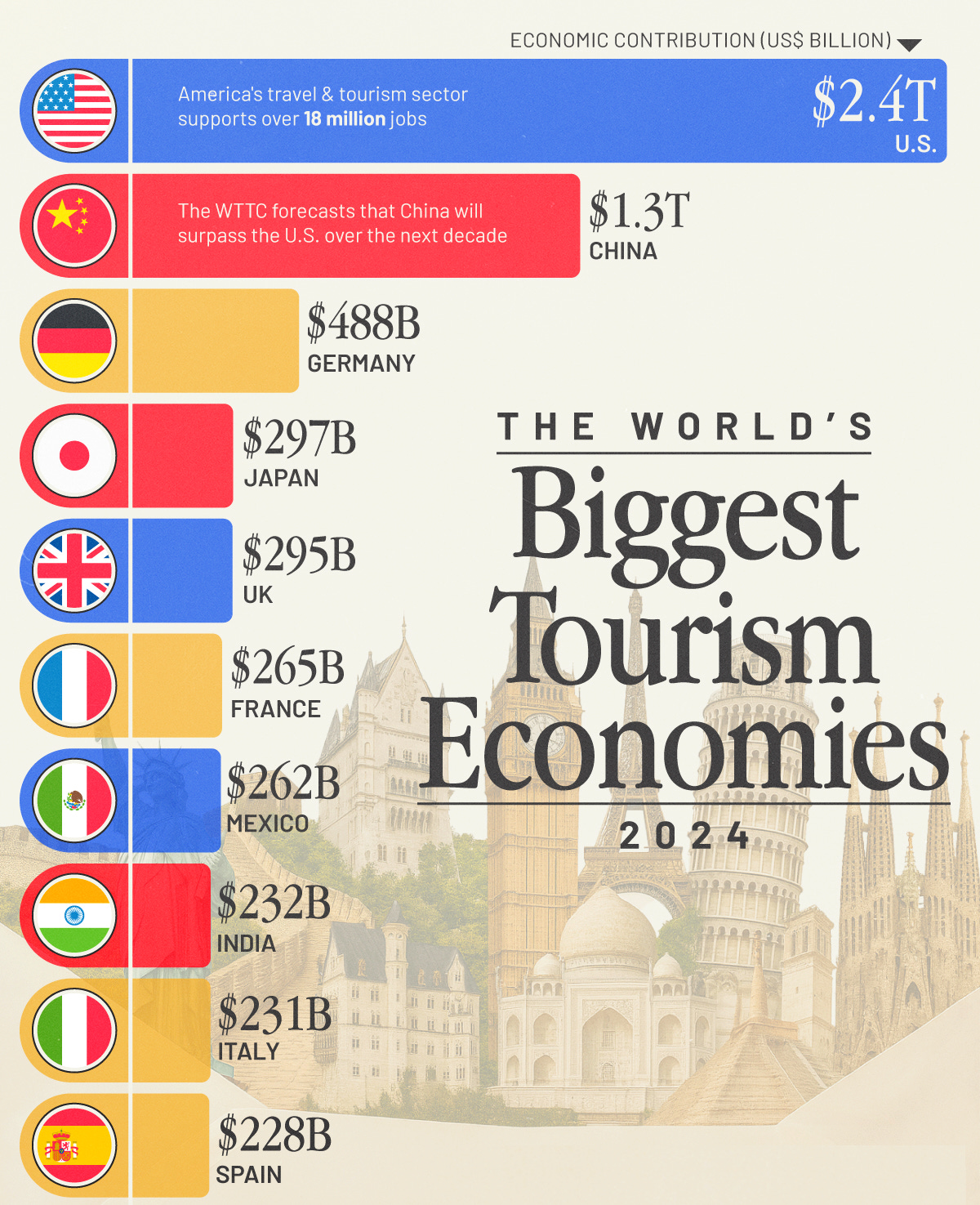What's Happening Today: Friday, Belgium Flemish Community Day, Mongolia Naadam & Thailand Khao Phansa expected earnings from Levi Strauss, Conagra Brands, Delta Air Lines and Fast Retailing
• EXCLUSIVE - Bitcoin Is Calling / Your Journey to Digital Gold: You’re halfway through your morning scroll on X when a headline slaps you awake: “BlackRock’s Bitcoin ETF hits $41.9B. Price: $60K.” Your pulse quickens. Bitcoin—those two syllables carry the weight of Elon Musk’s tweets, El Salvador’s defiance, and a trillion-dollar dream. It’s not just for coders or Wall Street wolves anymore; it’s knocking on your door. Why are giants like MicroStrategy and governments diving into this digital gold? (Ken Rutkowski)
• Gemini AI Transforms Photos into Dynamic Videos: Google's Gemini AI now lets Pro and Ultra subscribers morph photos into vibrant 8-second video clips with sound, using the Veo 3 model. Despite safeguards, Bloomberg tests revealed quirks like altered faces, with smoother results for nature and objects. (Qz)
• AI Chatbots Trigger Alarming Mental Health Crises: Chatbots like ChatGPT are driving users into "ChatGPT psychosis," with one known death linked to AI-fueled delusions. Experts warn that sycophantic AI responses amplify paranoia, urging caution as the tech’s engagement-driven design clashes with user well-being. (Futurism)
• EXCLUSIVE - Forged to Endure / Resilience as the Entrepreneur’s Superpower: The entrepreneurial arena is a forge—merciless, transformative. Markets shift. Doors slam. Crises strike. Most fall. Yet the few who triumph wield one superpower: resilience. This isn’t brute endurance—it’s a forged skill, honed in setbacks, sharpened by strategy, and wielded with clarity. Resilience lets you pivot when plans fail, reframe fear as fuel, and rise stronger from every blow. (Command & Scale)
• EPA Chief Debunks Chemtrails, Addresses Conspiracy Concerns: EPA Administrator Lee Zeldin launched websites clarifying that chemtrails are a myth, countering claims of weather manipulation after Texas floods. Despite his nod to "legitimate questions," critics highlight persistent conspiracy theories within the Trump administration, fueling public skepticism. (Jalopnik)
• Middle Age Shines Brightest in Poorer Nations’ Happiness: In 23 low-income countries, happiness peaks in middle age, defying the U-shaped curve seen in wealthier nations. Without safety nets, well-being often dips post-middle age, driven by sickness and economic strain, challenging universal happiness models. (The Conversation)
• EXCLUSIVE - The Jolt of Juice / Inside the Energy Drink Revolution: We live in a world that crackles with urgency—deadlines loom, workouts beckon, and sleep feels like a distant cousin. Enter the energy drink, the liquid lightning of our time, a $107.2 billion global industry in 2024, set to soar to $223.4 billion by 2033 at an 8.5% CAGR. These aren’t mere beverages; they’re cultural talismans, promising to sharpen our minds, fuel our bodies, and bend time itself. (Ken Rutkowski)
• Fireflies Fade as Climate Change Threatens Populations: Climate change and habitat loss endanger 18 firefly species in the U.S. and Canada, dimming their magical glow. “They’re very sensitive to temperature,” says ecologist Darin McNeil, as experts urge backyard fixes like native plants to save these luminous beetles. (Grist)
• Aging Boosts Wisdom, Resilience, and Happiness: Aging enhances emotional resilience and wisdom, with studies showing positive mindsets add 7.5 years to life. Older adults excel at stress management and report peaking happiness in their 60s, proving age is more than decline. (NatGeo)
• Shifting Priorities Drive Low Fertility in Wealthy Nations: Fertility rates in high-income countries like Japan and Italy have plummeted below 1.5, reflecting a cultural shift where parenthood takes a backseat. “Shifting priorities” toward career and personal fulfillment, not just economics, explain rising childlessness and fewer births. (NBER)
• Melting Glaciers Spark Explosive Volcanic Eruptions Worldwide: As glaciers melt, 245 ice-covered volcanoes may erupt more violently, worsening climate change. "Glaciers suppress eruptions, but their retreat triggers frequent, explosive activity," says researcher Pablo Moreno Yaeger, highlighting risks in Antarctica and beyond. (Livescience)
• Whitefish Plummet in Great Lakes, Threatening Ecosystem: Great Lakes whitefish harvests dropped from 8.3 million pounds in 1993 to 2.1 million in 2020, ravaged by invasive mussels devouring their food source. Scientists and tribes rally to save this iconic fish through research and river stocking, but the ecosystem’s collapse looms large. (Phys)
• Air Conditioning Drives Soaring Global Electricity Demand: Air conditioning will account for 1,900 TWh of electricity demand growth by 2030, outpacing other sectors. As temperatures rise, this cooling surge strains grids, urging innovation in energy-efficient solutions to curb emissions. (Statista)
• Apple Watch AI Uncovers Hidden Health Issues: Apple's new AI model, trained on 2.5 billion hours of Apple Watch data, predicts health conditions with 92% accuracy, outshining traditional sensors. This breakthrough could transform wearables into powerful health guardians, spotting risks like pregnancy or infections early. (Macrumors)
• Heatwaves Slash Japan's Matcha Output: Scorching heatwaves in Kyoto crippled matcha production, with tencha prices soaring 170% at a May auction. As global demand surges, farmers like Masahiro Yoshida struggle to keep up, warning of tighter supplies and steeper costs. (Reuters)
• China Dominates Global Steel Production, Outpacing All: China churned out 1,005.1 million tonnes of steel in 2024, dwarfing India’s 149.4 million tonnes and sparking global trade tensions. As Beijing eyes output cuts, nations like Japan push anti-dumping measures to shield local industries. (VisualCap)
• Robot Surgeons Ace Pig Organ Operations: AI-trained robots flawlessly removed pig gall bladders, achieving 100% success in eight trials, paving the way for human trials within a decade. Experts hail the precision but urge caution, as real-world challenges like patient movement remain untested. (The Guardian)
• Europe's Farm Stays Boom with Rustic Charm: Agritourism surges as travelers crave serene farm stays, with the market projected to hit $70.43 billion in 2025. From Albania’s family-friendly Mrizi I Zanave to Tuscany’s luxurious Villa Lena, these retreats blend organic dining, wellness, and nature. (Roadbook)
• JWST Unveils WASP-121b’s Icy Origins, Methane Winds: JWST reveals WASP-121b, a scorching exoplanet, formed in icy regions before migrating to a 3000°C orbit, with methane-rich winds defying expectations. “This challenges exoplanet dynamical models,” says Thomas Evans-Soma, as silicon and carbon clues reshape planet formation theories. (The Brighterside)
• Jamie Dimon Warns Europe: You're Losing Economic Edge: JPMorgan’s Jamie Dimon told Irish leaders Europe’s competitiveness is slipping, with GDP dropping from 90% to 65% of U.S. levels in 15 years. He urged unified markets while noting market complacency on U.S. tariffs and a 40-50% chance of Federal Reserve rate hikes. (CNBC)
Today's Photo, Image, or Video of the Day: In 1996, during a concert in Seoul, a fan climbed up to Michael Jackson on a crane.
• Notable Statistic: Interest rate
• YouTube Worth Watching: Why Bhutan is Building the Anti-Dubai
• Ken's Book Pick: Tasting History: Explore the Past through 4,000 Years of Recipes (A Cookbook)
• Ken's Website / Tool: Léon is the AI assistant that turns your words into concrete actions. He invites himself into your apps in just two clicks, from Gmail to HubSpot. Then let him organize, create, plan, and optimize from your words to simplify your life.
The World's Biggest Tourism Economies
Tourism is a cornerstone of global economic activity, driving job creation, infrastructure development, and international connectivity. This report, based on data from the World Travel & Tourism Council (WTTC) as presented by Visual Capitalist, ranks the top 10 countries by the economic contribution of their tourism sectors in 2024. The United States leads with a $2.36 trillion contribution, followed by China at $1.3 trillion. The report highlights key trends, including China's projected rise to the top spot within the next decade and the strong presence of European nations in the rankings.
Introduction
The tourism industry is a vital economic engine for many countries, supporting millions of jobs and fostering global cultural exchange. In 2024, the sector continues to recover and grow post-pandemic, with significant contributions to national economies. This report analyzes the top 10 tourism economies, their economic contributions, and the factors driving their success, based on data from the WTTC and visualized by Visual Capitalist.
Methodology
The data for this report is sourced from the World Travel & Tourism Council (WTTC) via Visual Capitalist’s article, "Ranked: The World’s Biggest Tourism Economies" (https://www.visualcapitalist.com/ranked-the-worlds-biggest-tourism-economies/). The economic contribution of tourism is measured in U.S. dollars and includes expenditures on accommodations, transportation, attractions, and related services in 2024. The rankings reflect both domestic and international tourism activity.
Key Observations
United States: The Global Leader
The U.S. tourism sector contributed $2.36 trillion in 2024, maintaining its position as the world’s largest tourism economy.
Factors driving this dominance include robust domestic travel, world-class infrastructure, and iconic destinations such as New York City, Las Vegas, and national parks.
New York ranks as the eighth most-visited city globally, further bolstering the U.S.’s tourism appeal.
China’s Rapid Growth
China’s tourism economy contributed $1.3 trillion, securing the second spot.
The WTTC forecasts that China will surpass the U.S. to become the largest tourism economy within the next decade.
Growth is fueled by a rising middle class, government policies easing visa restrictions, and tax-refunded shopping incentives.
Europe’s Strong Presence
Five European countries—Germany, the United Kingdom, France, Italy, and Spain—rank among the top 10.
These nations benefit from rich cultural heritage, extensive rail and air connectivity, and well-established tourism infrastructure.
Germany leads the European cohort with a $487.6 billion contribution, followed closely by the UK and France.
Emerging Markets: India and Mexico
India ranks eighth with a $231.6 billion contribution, with the WTTC predicting a potential rise to fourth place in the coming years due to increasing domestic and international travel.
Mexico, with $261.6 billion, benefits from proximity to the U.S. market and popular destinations like Cancun and Mexico City.
Discussion
The 2024 rankings underscore the diversity of factors contributing to strong tourism economies. The U.S. leverages its vast geography and cultural landmarks, while China’s growth reflects strategic policy interventions and economic expansion. Europe’s consistent performance highlights the enduring appeal of its historical and cultural assets. Emerging markets like India and Mexico are poised for growth, driven by increasing global connectivity and domestic demand.
Future Trends
China’s Ascendancy: China’s trajectory suggests it will overtake the U.S., driven by investments in tourism infrastructure and a growing consumer base.
India’s Potential: India’s young population and cultural diversity position it for significant growth, potentially climbing to fourth place.
Sustainability Challenges: As tourism grows, countries must address environmental and overcrowding concerns to maintain long-term viability.
Conclusion
The global tourism industry in 2024 reflects a dynamic interplay of established and emerging economies. The United States remains the leader, but China’s rapid rise signals a shifting landscape. European nations continue to thrive, while countries like India and Mexico are gaining ground. Policymakers and industry leaders must balance growth with sustainability to ensure tourism’s long-term economic benefits.
Recommendations
Invest in Infrastructure: Countries should prioritize sustainable tourism infrastructure to accommodate growing demand.
Enhance Accessibility: Easing visa policies and improving connectivity, as seen in China, can boost international arrivals.
Promote Emerging Destinations: Diversifying tourism offerings, particularly in countries like India and Mexico, can reduce pressure on overcrowded hotspots.















